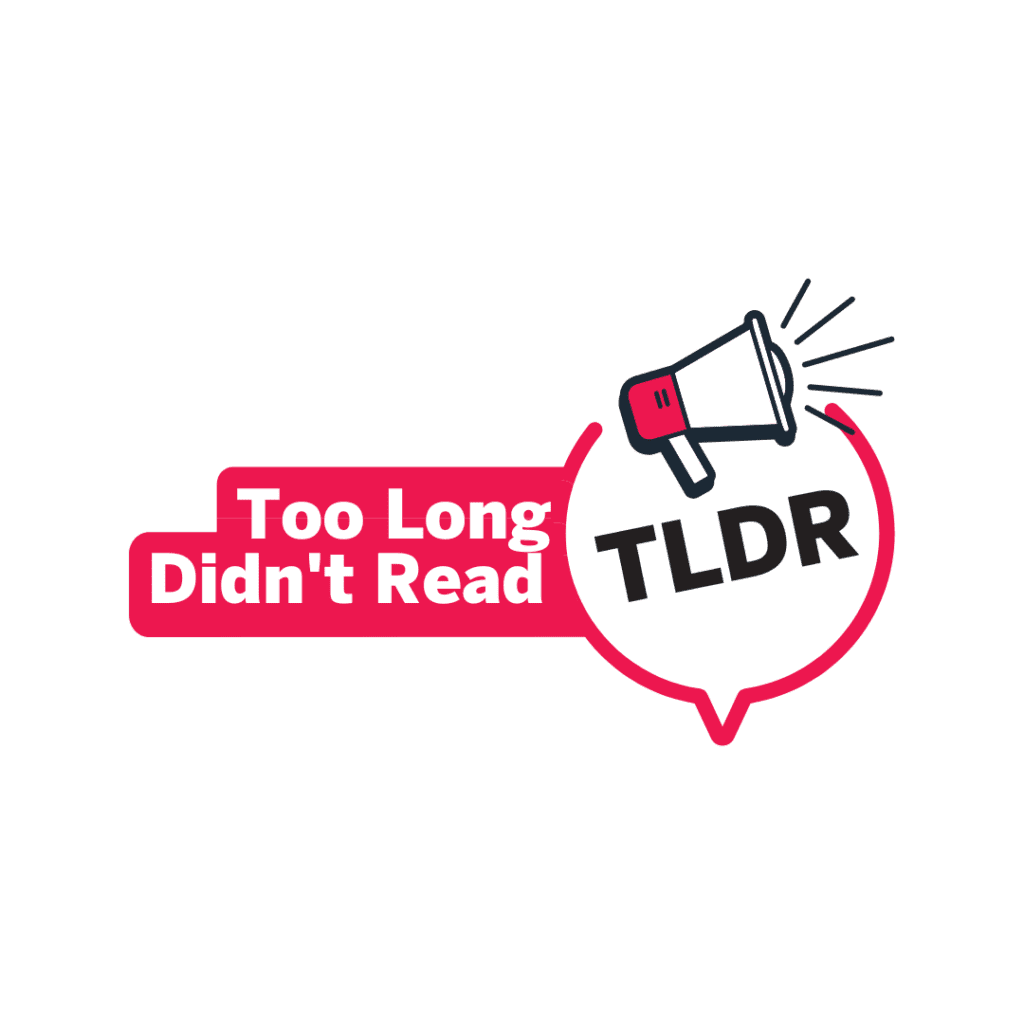
Introduction and context
The leading preventable causes of death worldwide (chronic diseases) are usually brought on by a lack of regular physical activity, which can lead to significant health and financial challenges for the individuals and communities. Many municipalities are dedicated to establishing and maintaining healthy environments for all, which requires collaboration and coordination with various organizations.
The doctoral research project ‘Bougez-vous?’ aims to better understand how public recreational and sports infrastructures are planned, designed, and managed in the province of Quebec. A specific focus is on the coordination agreements between the City of Montreal and 7 organizations, exploring ways to inspire sports administrators, public organizations, and municipal government departments to encourage physical activity.
Methods
This research focuses on 7 inter-organizational partnerships between the City of Montreal, its boroughs, and a civil, community, or educational authority concerning the management and use of recreational sports infrastructures. Thirteen interviews with managers in charge of each partnership agreement (from the City of Montreal and the partners) were done, followed by a content analysis to identify the factors influencing partnership success and limitations.
The findings allow us to identify multiple factors determining the success of the management and use of partnerships studied, as well as the limits observed and other elements to consider.
Driving factors
- The complementarity of the partners’ orientations (regarding public service and users)
- The adequacy and respect of missions, needs and audiences of both partners (result of openness, mutual understanding, shared vision, collaborative approach)
- The willingness to work with the local community, to answer the needs
- The commitment of the actors and their vision of the partnership, the service they offer and their main purpose
- The quality of the relationship and its application (between actors and between organizations) based on trust, respect, reciprocity, the search for win-win solutions, proximity, frequency of communications
- The agreement (detailed, simple, clear, and temporally defined: 3 to 5 years)
- The informal adjustments (essential to functioning)
Limiting factors
- The lack of control over sport fields and buildings
- The lack of availability of sport fields and the scheduling conflicts especially on prime times
- The adjustments concerning cleaning, maintenance, breakdowns, and renovations
- The public administration which implies heavy requirements, slow processing, multiplication of agreements
- The coordination between municipal and scholar organizations (for example, missions, audiences, shared spaces)
- The agreement (clumsy standardization, loss of meaning and efficiency)
Complementary factors
- The context of establishment or renewal of the agreement (determining)
- The demand from groups, citizens, and community (determining)
- The nature of the agreement (questionable: from partnership to “partnership mandate” or contract)
- The discourse on healthy environments (integrated)
- The desire to align with municipal guidelines (affirmed)
- The social responsibility of organizations (affirmed)
These results bring interesting avenues of thinking and action to researchers who study partnerships between organizations and practitioners who are developing partnerships between organizations. By considering the previous factors, sport managers can maximize the way they establish their partnership with other organizations. Therefore, they can integrate the principles that lead to a winning application of the partnership and especially to promote health by physical activity. As a result, the planning and management of public recreational and sport infrastructures can be more effective and lead to the creation of active and healthy communities which provide access to physical activity for all, regardless of economic, physical, social, and cultural conditions.
Strengths and limitations
The strength of this research include:
- The multiplicity and variety of the partnerships studied
- The opportunity to access internal documentation and managers from multiple organizations
- The cross analysis of the documents and the managers discourses
- The exploratory, interdisciplinary, and qualitative approach which led to a better understanding
The limitations of this research include:
- The data was collected during Covid-19, and may have been disturbed due to effects on the partnership between some organizations
- The field, limited to Montreal’s organizations
- The type of the partnership, between a municipal government and civil, community or educational organizations
- The sample which includes only a manager from each organization and the fact that an interviewer declined to participate (due to workload) and one had only few months of experience with the agreement at the time of the interview
- Only the administrative sector was interviewed
Conclusions and next steps
Improving health by promoting physical activity needs interested parties engaged to help make Canadians more physically active. Partnerships focused on building and using sports facilities play a crucial role, extending beyond official documents to focus on relationships and coordination between organizations and their human managers. This holistic approach is essential for long-term success in promoting health through physical activity.
Funding acknowledgement: This blog draws on research supported by the Social Sciences and Humanities Research Council and Sport Canada as part of the Sport Participation Research Initiative.